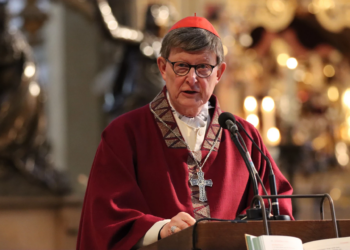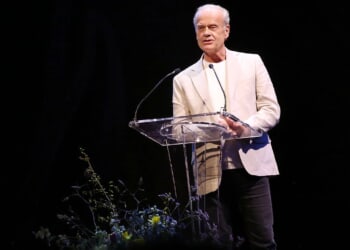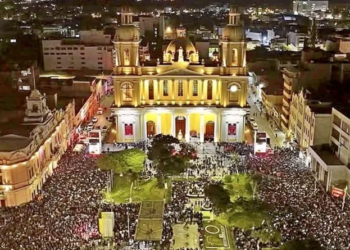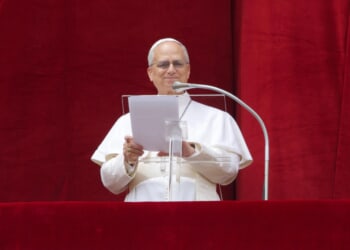ACI MENA, May 30, 2025 /
12:02 pm
An appeals court in the Egyptian city of Ismailia has ruled that the monks of St. Catherine’s Monastery in the Sinai Peninsula have the right to use the monastery and surrounding religious heritage sites. However, the court also reaffirmed that these sites remain the property of the state as part of Egypt’s public domain.
The ruling has sparked grave concern within the Greek Orthodox Church, which denounced what it described as “an attempt to alter a system that has been in place for 15 centuries.”
In contrast, the Egyptian state issued reassurances regarding the monastery’s status.
His Beatitude Ieronymos II, archbishop of Athens and All Greece, condemned the verdict as a grave violation of human — especially religious — freedoms, stating that the monastery is “undergoing a great trial reminiscent of darker times in history.”
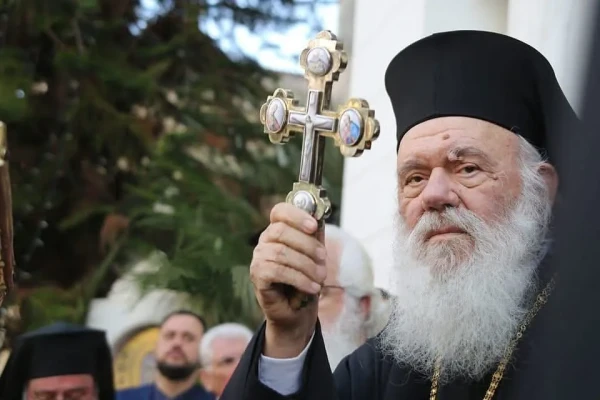
In an official statement, the archbishop warned: “The monastery’s properties are being seized and confiscated. This spiritual beacon of Orthodoxy and Hellenism is now facing a genuine threat to its existence. With deep sorrow and indignation, I call upon the Greek government and international bodies to recognize the magnitude of this danger and to take urgent action to safeguard fundamental religious freedoms at the sacred monastery of Sinai.”
In response, Egypt’s presidential office reaffirmed the country’s full commitment to preserving the unique religious and sacred status of St. Catherine’s Monastery, stressing that this ruling only reinforces its importance. The statement also referenced recent assurances given by Egyptian President Abdel Fattah El-Sisi during his visit to Athens earlier this month.
A spokesperson for Egypt’s Ministry of Foreign Affairs denied allegations that the monastery or its surrounding lands had been confiscated. Speaking to the Middle East News Agency, the spokesperson clarified that the ruling merely formalizes the legal status of the monastery.
“According to the court’s decision,” he said, “and in recognition of the monastery’s spiritual and historic significance, the monks will retain full use of the monastery and nearby religious and archaeological sites. Remote and uninhabited natural reserve areas without proven ownership documents will remain under state jurisdiction.”

On May 30 the Greek Orthodox Patriarchate of Jerusalem expressed deep concern regarding what it referred to as the “seizure of lands surrounding the monastery.” In a public statement, the patriarchate reaffirmed its full ecclesiastical authority and protection over the site. It also praised the official communications from Egyptian authorities, which emphasized respect for the sanctity and safety of the monastery and rejected any notion of encroachment.
St. Catherine’s Monastery is considered one of the most important Christian landmarks in Egypt, not only for its ancient heritage and biblical significance but also for its global spiritual and cultural symbolism. Founded over 1,500 years ago, the monastery remains active to this day and is home to a priceless collection of Byzantine icons and a library of rare and ancient manuscripts.
This story was first published by ACI MENA, CNA’s Arabic-language news partner, and has been translated for and adapted by CNA.







